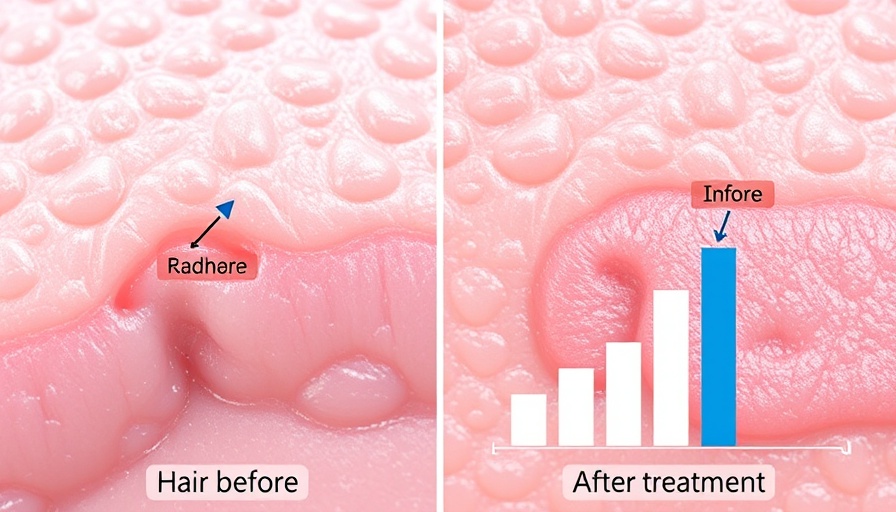
Unlocking the Secret to Luxurious Locks by Harnessing Senescence Science

0 Comments

Exploring Lifespan Gains: How Five Popular Diets Influence Longevity
Update Unlocking the Secrets to a Longer Life: The Impact of Popular Diets In today's fast-paced world, many are on the quest for longevity. A new study sheds light on how our diet can influence our lifespan, revealing fascinating insights into some of the most popular dietary practices. Approved by experts and based on rigorous scientific analysis, this research highlights the significance of diet in enhancing our years of life. What the Study Reveals The study, published in Science Advances, involved over 103,000 participants from the UK Biobank, all of whom were free from major diseases at the start. Each individual’s eating habits were evaluated using five established diets: the Alternate Healthy Eating Index (AHEI-2010), the Alternate Mediterranean Diet (AMED), the healthful Plant-based Diet Index (hPDI), the Dietary Approaches to Stop Hypertension (DASH), and the Diabetes Risk Reduction Diet (DRRD). The results were intriguing: the DRRD diet showed the most substantial association with longevity, with the top quintile of participants experiencing a staggering 24% lower mortality risk compared to those in the bottom tier. This powerful diet emphasizes high fiber intake and low glycemic foods, both known to play crucial roles in health outcomes. Demystifying Gender Differences in Diet and Longevity What's particularly interesting is how gender influenced dietary benefits. For men, the DRRD emerged as the clear winner, granting an impressive three years of additional life on average. Women, on the other hand, gained slightly more benefits from the AMED diet, with two additional years. Notably, the traditional hPDI diet yielded the least advantage across both groups, posing questions about its effectiveness in promoting longevity. The Role of Genetics in Lifespan Genetics is another captivating element in this equation. The researchers also examined how dietary habits interacted with genetic predispositions identified through a longevity polygenic risk score (PRS). It turned out that while genetics do contribute to our lifespan, the positive effects of adhering to a healthier diet can significantly compound this advantage. When individuals followed both the DRRD and possessed favorable genetic traits, they could gain as much as 3.2 additional years of life. This synergy between diet and genetics emphasizes the importance of holistic approaches to health. Why This Matters: Practical Takeaways for Everyday Living For self-reliant individuals searching for actionable health insights, this study serves as an encouragement to reassess dietary choices. Embracing a diet rich in fiber, low in sugar, and aligned with the principles outlined in the DRRD could be pivotal for longevity. More than just numbers, these findings highlight the crucial role of everyday dietary decisions in shaping our futures. Beyond simply extending life, these diets can enhance the quality of our time on earth. A focus on fresh fruits, whole grains, and healthy fats is not just a recipe for longevity; it’s a blueprint for overall wellness. As you embark on your health journey, remember that every small change counts. Whether it’s swapping sugary drinks for water or adding more plant-based meals to your week, each step can contribute to a healthier, longer life.
 Add Row
Add Row  Add
Add 


